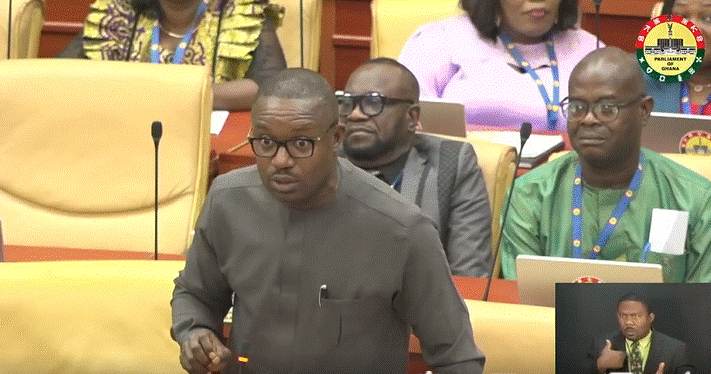The Ministry of Energy and Green Transition in Ghana has received parliamentary approval for a GH¢1.2 billion budget for the 2025 fiscal year, marking a significant investment in the nation’s energy sector. This substantial allocation is earmarked for a range of critical initiatives designed to modernize and expand Ghana’s energy infrastructure, improve service delivery, and accelerate the country’s transition towards renewable energy sources. The budget reflects the government’s commitment to addressing long-standing challenges in the energy sector, promoting energy efficiency, and ensuring a sustainable and reliable power supply for the future. Key projects outlined in the Ministry’s agenda encompass both traditional grid improvements and investments in renewable energy technologies.
A central component of the Ministry’s 2025 strategy is the installation of one million smart meters across its operational areas under the Programme for Results policy. This ambitious undertaking aims to revolutionize electricity consumption monitoring and management. Smart meters provide real-time data on energy usage, empowering consumers to make informed decisions about their consumption habits and potentially reduce their electricity bills. Moreover, these advanced metering systems will equip the Ministry with valuable insights into power consumption patterns, facilitating more effective demand management and reducing transmission and distribution losses, a significant challenge in many developing countries. The smart meter initiative represents a significant step towards modernizing the electricity grid and promoting energy efficiency throughout the country.
To further bolster the efficiency and effectiveness of the electricity distribution sector, the Ministry plans to introduce private sector participation. This strategic move is anticipated to inject much-needed expertise and investment into the sector, contributing to improved operational efficiency, enhanced service delivery, and a more robust and reliable power supply. By leveraging the resources and experience of private sector partners, the Ministry aims to address persistent issues related to power outages and distribution bottlenecks, ultimately ensuring a more consistent and stable power supply for consumers and businesses alike. This public-private partnership approach reflects a growing trend in the energy sector globally, recognizing the value of private sector innovation and efficiency.
The Ministry’s 2025 agenda also includes critical infrastructure development projects, notably the Accra-Kumasi transmission line. This vital project aims to fortify the power connection between Ghana’s two largest cities, enhancing power reliability and ensuring a stable flow of electricity between these key economic hubs. The strengthened transmission infrastructure will support economic growth and development in both regions by providing a more dependable power supply, reducing the likelihood of disruptive power outages and fostering a more conducive environment for businesses and industries.
In line with its commitment to sustainable energy solutions, the Ministry will also be rolling out the “Government Goes Solar” initiative. This program underscores the government’s commitment to diversifying Ghana’s energy mix and promoting the adoption of clean and renewable energy sources. The initiative aims to increase the share of solar energy in the national energy portfolio, reducing reliance on traditional fossil fuels and mitigating the environmental impact of electricity generation. By investing in solar energy, the Ministry is not only promoting a cleaner and more sustainable energy future but also contributing to Ghana’s efforts to meet its international climate change commitments. The “Government Goes Solar” initiative will encompass the installation of solar panels on government buildings and the promotion of solar energy adoption in various sectors.
The GH¢1.2 billion budget allocation represents a substantial investment in Ghana’s energy future, reflecting the government’s recognition of the vital role of a robust and sustainable energy sector in driving economic growth and development. The Ministry of Energy and Green Transition has outlined a comprehensive plan that encompasses both grid modernization and renewable energy expansion, aiming to address the challenges and opportunities in the sector. From smart meter deployment and private sector participation to critical transmission infrastructure and solar energy initiatives, the Ministry’s agenda demonstrates a commitment to a more efficient, reliable, and sustainable energy future for Ghana. This multifaceted approach aims to not only improve the lives of citizens by providing stable and affordable electricity but also to position Ghana as a leader in the transition to a cleaner energy landscape.














